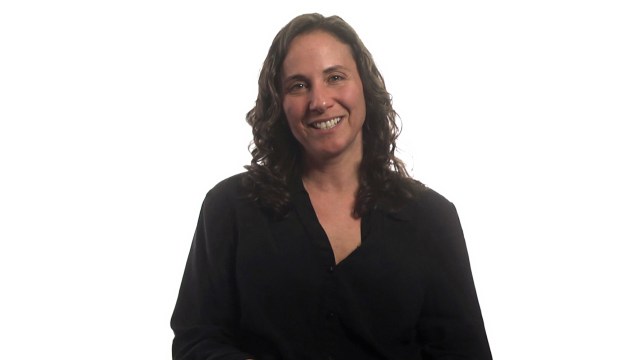Is a Company With a $70,000 Minimum Salary Sustainable?

It seems every week there’s a different viral news story painting some greedy CEO as the face of income inequality. This past week, we’ve followed a major trending story that has many people painting a CEO as the face of the solution to income inequality, which is neither fair, nor wholly accurate, but it’s futile to try and reel in the mental gymnastics of society as a whole.
The CEO in question is Dan Price of Seattle-based Gravity Payments, and you’re probably already familiar with his major announcement from last week:
“CEO Dan Price took a 90 percent pay cut and slashed his company’s profits just so he could give his employees a raise. Price, who heads up the Seattle payment-processing firm Gravity Payments that he founded, has pledged to make sure all of his staffers make at least $70,000 annually in the next three years. To do that, he’s cutting his $1 million salary to $70,000, and dipping into the firm’s annual $2 million in profits. This will double the pay of about 30 of his workers and will mean significant raises for an additional 40.”
If you click the link (it goes to CNN — sorry), you can watch an interview with Price in which he explains his motivation for the move. In short: It’s something he’s always wanted to do. The only company shareholders are he and his brother. He saw that the time was right to start moving toward his goal of closing the company income gap.
In the interview, Price references a 2010 Princeton study that determined the minimum salary necessary to maintain feelings of happiness and satisfaction was (at the time) $75,000:
“The lower a person’s annual income falls below that benchmark, the unhappier he or she feels. But no matter how much more than $75,000 people make, they don’t report any greater degree of happiness.”
Price cites this study as a major inspiration for the salary hikes. He explains in the CNN interview that the less his employees have to worry about making rent or paying for diapers, the more they can focus on doing good work for Gravity. When asked by the interviewer whether he thought the move up as a publicity stunt, Price explains that he’s frankly surprised his decision has gotten this much coverage. I have my doubts that marketing didn’t factor into the decision, or at the very least its execution. Then again, it’s not a bad thing to want to do well when you’re doing good.
Since Price’s announcement, Gravity has enjoyed its best-ever week for business, with job applications and new clients flooding in at an unprecedented rate. A second CNN article has declared the $70,000 promise a major business success but:
1. We’re dealing with a ridiculously small sample size here, and
2. It’s CNN.
It remains to be seen if Price’s move will pay off. On the surface, this arrangement doesn’t appear all that sustainable, though the fact that Price is majority owner of the company means he doesn’t have to deal with enraged shareholders. The determining factor will be if Gravity’s sudden PR lift translates into enough business to return the company to its previous profit levels. There are those who have their doubts, but we’ll just have to wait and see what happens.
All that said, if Price is truly genuine about this decision, then he is to be admired for his willingness to invest in the people who work for him.
One of our own Big Think experts, Container Store CEO Kip Tindell, is like Price in his belief that great employees deserve great salaries. Watch him explain his personal philosophy below:
Photo credit: Andrey_Popov / Shutterstock





